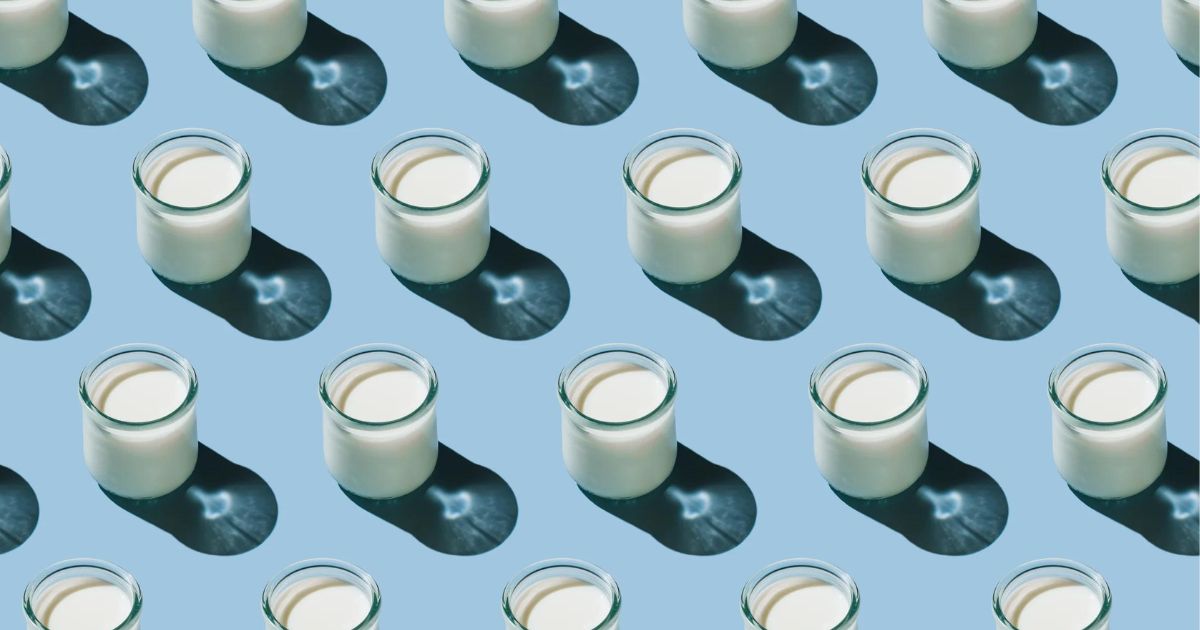In a comprehensive study conducted by the University of Georgia, researchers have addressed prevalent misconceptions regarding dairy consumption, shedding light on their impact on health and debunking common myths.
The study, led by esteemed nutritionists and experts, delves into concerns surrounding digestion, inflammation, bone health, sleep quality, and antibiotic residues in dairy.
Despite the surge in popularity of alternative milk options such as oat and almond milk, the study emphasizes the nutritional benefits offered by dairy products. Michelle Routhenstein, a preventive cardiology dietitian at Entirely Nourished, highlights dairy’s nutrient-rich profile, including essential elements like calcium, vitamin D, protein, potassium, and other vital nutrients crucial for overall health.
One of the key areas addressed in the study is the misconception surrounding the digestibility of dairy as individuals age. The research reveals that lactose intolerance, a condition affecting a significant portion of the population, may contribute to digestive discomfort after consuming dairy products.
However, Amanda Sauceda, a dietitian and founder of Mindful Gut, suggests that individuals with lactose intolerance can still tolerate certain dairy products like yogurt and firm cheese, which have lower lactose content due to processing techniques.
Dairy Consumption Causes Inflammation
Furthermore, the study challenges the notion that dairy consumption leads to inflammation. While concerns have been raised regarding the saturated fat content in full-fat dairy products, experts argue that dairy contains several ingredients with anti-inflammatory properties, such as whey protein, antioxidants, probiotics, and omega-3 fatty acids.
Research cited in the study suggests that fermented dairy products like yogurt and kefir may even create an anti-inflammatory environment and support gut health.
Another area of focus is the longstanding belief in the necessity of dairy for bone health due to its high calcium content. While dairy products have been associated with positive effects on bone growth and turnover, researchers emphasize that factors like genetics, physical activity, and overall diet also play significant roles in bone strength.
Moreover, alternative sources of calcium, such as dark, leafy green vegetables, sardines, and fortified orange juice, offer viable options for individuals seeking to maintain bone health without relying solely on dairy.
Addressing the impact of dairy on sleep quality, the study explores the widely circulated belief that milk consumption before bedtime can promote better sleep. While milk contains nutrients like tryptophan and magnesium involved in the production of melatonin, the hormone that regulates sleep, research findings on the relationship between milk intake and sleep quality remain inconclusive.
However, experts suggest that, in moderation, dairy consumption as part of a balanced diet may contribute to improved sleep quality.
Finally, the study dispels concerns regarding antibiotic residues in milk, emphasizing the stringent regulations and testing procedures in place to ensure the safety of dairy products. Despite isolated instances of antibiotic use in dairy farming, thorough monitoring and testing protocols prevent milk with antibiotic residues from entering the food supply.
Overall, the University of Georgia study provides valuable insights into the nuanced relationship between dairy consumption and health, offering evidence-based information to help individuals make informed dietary choices.








Leave a Reply
You must be logged in to post a comment.